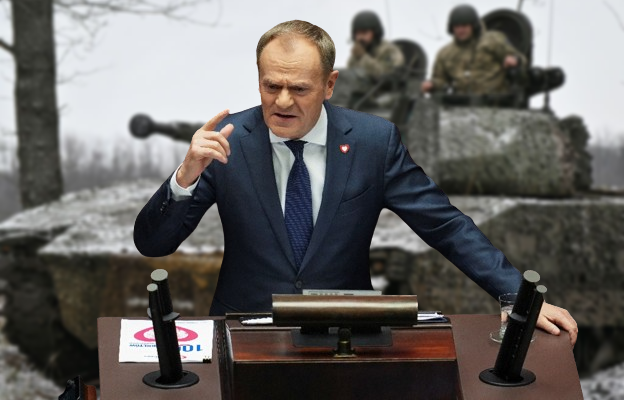
- Donald Tusk’s return as Poland’s prime minister signals a shift in the country’s political landscape, ending eight years of right-wing rule.
- With a focus on strengthening ties with the European Union and supporting Ukraine, Tusk’s government faces challenges from the previous ruling party, PiS.
On December 13, Poland experienced a big change in its government. Donald Tusk became the new leader, putting an end to eight years of a right-wing group running things. Tusk, who has been in politics for a long time and also worked for the European Union, promised to make Poland stronger in the EU and to help Ukraine more.
Tusk’s group, called the Civic Coalition, joined forces with two smaller groups to win a vote in parliament, which led to kicking out the previous ruling party, Law and Justice (PiS). During the swearing-in ceremony in Warsaw, Tusk talked about the incredible turnout in the October election that brought about this political shift.
In his speech to lawmakers, Tusk made it clear that he stands with Ukraine and criticized leaders who seem tired of dealing with Ukraine’s situation. He also said he would make sure that the EU gives Poland the money it deserves and follows the country’s rules. Tusk mentioned that his government would stick to the country’s constitution, addressing past tensions with the EU.
Leaders from other EU countries, like German Chancellor Olaf Scholz, congratulated Tusk and praised his plan to bring Poland closer to the heart of the EU. Despite some problems with Germany during the election, Tusk expressed a willingness to work together.
The new government, led by Tusk, includes people like Radoslaw Sikorski as foreign minister and Adam Bodnar as justice minister. They might face challenges from the previous ruling party, PiS, which still has friends in important institutions. President Andrzej Duda, who is friends with PiS, said he is open to working with the new government.
Even though PiS got the most votes in the October election, they couldn’t find enough friends to support them. This allowed Tusk’s group, along with the Third Way and Left, to gather enough support and change the political scene in Poland.
Donald Tusk’s return as Poland’s prime minister signals a shift in the country’s political landscape, ending eight years of right-wing rule. With a focus on strengthening ties with the European Union and supporting Ukraine, Tusk’s government faces challenges from the previous ruling party, PiS. International leaders, including German Chancellor Olaf Scholz, have welcomed Tusk’s commitment to EU collaboration. The diplomatic landscape will be closely watched as Poland aims to navigate internal tensions and reinforce its position within the European community under Tusk’s leadership.
(The author is a post-graduate student in International Relations at Kalinga University, Raipur. Views and opinions expressed are the author’s own)
Aayush Pal is a freelance writer on contemporary geopolitical developments. The views expressed in his work are entirely his own.
